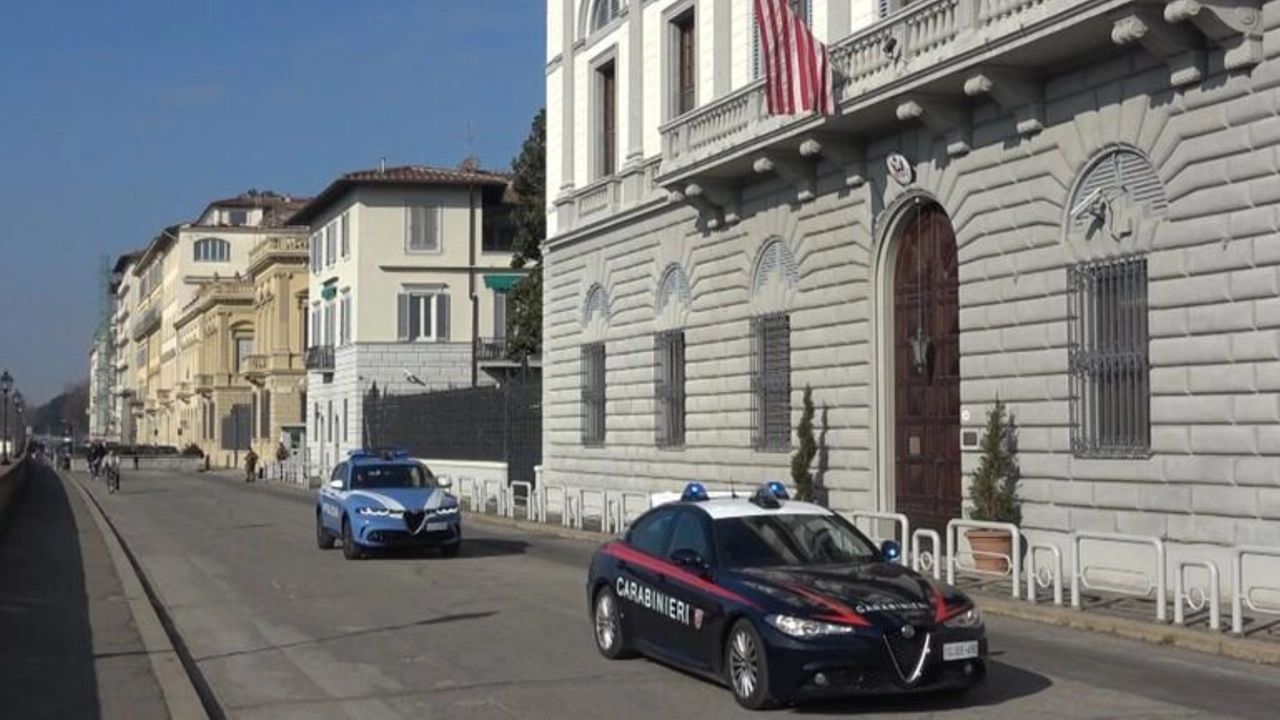As part of a comprehensive overhaul of the U.S. Department of State desired by Secretary Marc Rubio, with the aim of significantly reducing the U.S. diplomatic presence in the world, the closure of the U.S. Consulate in Florence has been announced permanently, and not without several controversies. In fact, the latter is included in a list of about thirty diplomatic offices slated for abolition.
The diplomatic office in the Tuscan capital, inaugurated in 1819, represents one of the oldest U.S. consular landmarks in Europe, established at a time when Florence was a favored destination of the Grand Tour, a long cultural journey undertaken by young American and European aristocrats. Over the years, the Consulate supported the growth of the local U.S. community, facilitating the commercial, cultural and academic activities that made Florence a destination of choice for Americans. Its disappearance now threatens to significantly complicate the daily lives of thousands of U.S. residents, university students and businesspeople active in Tuscany and Emilia-Romagna.
From the City of Florence, the reaction was not long in coming. Mayor Sara Funaro described the plan as “dastardly,” calling for immediate diplomatic intervention by the Italian government. In fact, local institutions fear not only an increase in bureaucratic and administrative difficulties, but also an impoverishment of Florence’s ability to attract U.S. students and investment, elements that are fundamental to the economy of the city and the region.
On a social and economic level, the U.S. Consulate has also for years performed a function of direct and immediate support in emergencies, such as in the case of American students involved in accidents or critical situations. The loss of this diplomatic garrison thus risks having direct consequences on the security and management of any crisis. The decision comes, moreover, after years already marked by trade tensions, accentuated especially by the tariffs introduced by President Donald Trump, which had already complicated bilateral economic relations between the United States and Tuscany.
The article U.S. will close Florence consulate, and city protests comes from TheNewyorker.






